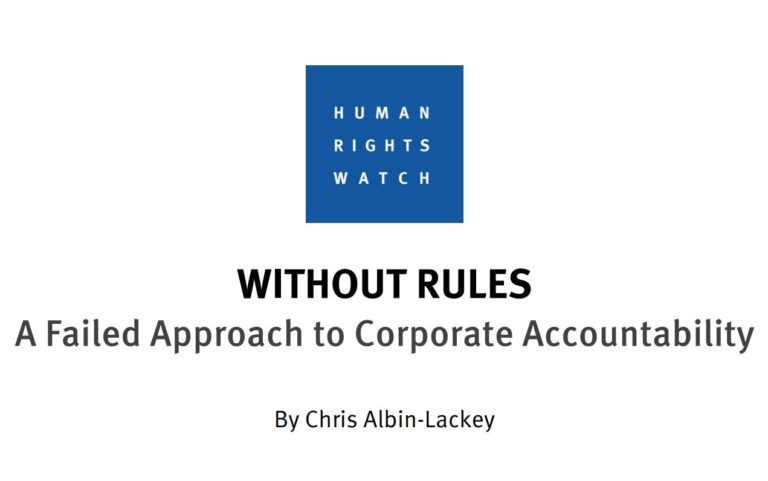Guiding Principles on Business and Human Rights
The UN Guiding Principles on Business and Human Rights are a set of guidelines for States and companies to prevent, address and remedy human rights abuses committed in business operations. child labour
Many global businesses are run with consideration for the well-being of the people whose lives they touch. But others—whether through incompetence or by design— seriously harm the communities around them, their workers, and even the governments under which they work. Much of the problem lies with companies themselves—even those that think of themselves as ethical. Too many still deal with human rights problems on the fly, without forethought and often in a de facto regulatory vacuum that they lobby vigorously to maintain. In many parts of the world, company human rights practices are shaped by self-created policies, voluntary initiatives, and unenforceable “commitments”—not by binding laws and regulations. History’s long and growing catalogue of corporate human rights disasters shows how badly companies can go astray without proper regulation. Yet many companies fight to keep themselves free of oversight, as though it were an existential threat.
By Chris Albin-Lackey

The UN Guiding Principles on Business and Human Rights are a set of guidelines for States and companies to prevent, address and remedy human rights abuses committed in business operations. child labour
This joint report aims to gather and share the lessons learnt through the implementation of CARE and TACT projects, which objectives are to enhance the safe and sustainable return and reintegration process of returning victims of trafficking. The re...Read More
For over a decade, the Netherlands has put its trading interests above its duty to protect against human rights abuse by companies operating under its jurisdiction. This report, based on Amnesty International research conducted between March and ...Read More
This training manual – developed by ILO and UNICEF under the UN Global Initiative to Fight Human Trafficking – seeks to aid governments, workers, employers, international, and non-governmental organizations that combat trafficking in children f...Read More
The collection of empirical data on the phenomenon of trafficking in human beings and exploitation is essential in determining the extent of this human rights violation, as well as in deriving from the findings policies and measures for the protecti...Read More